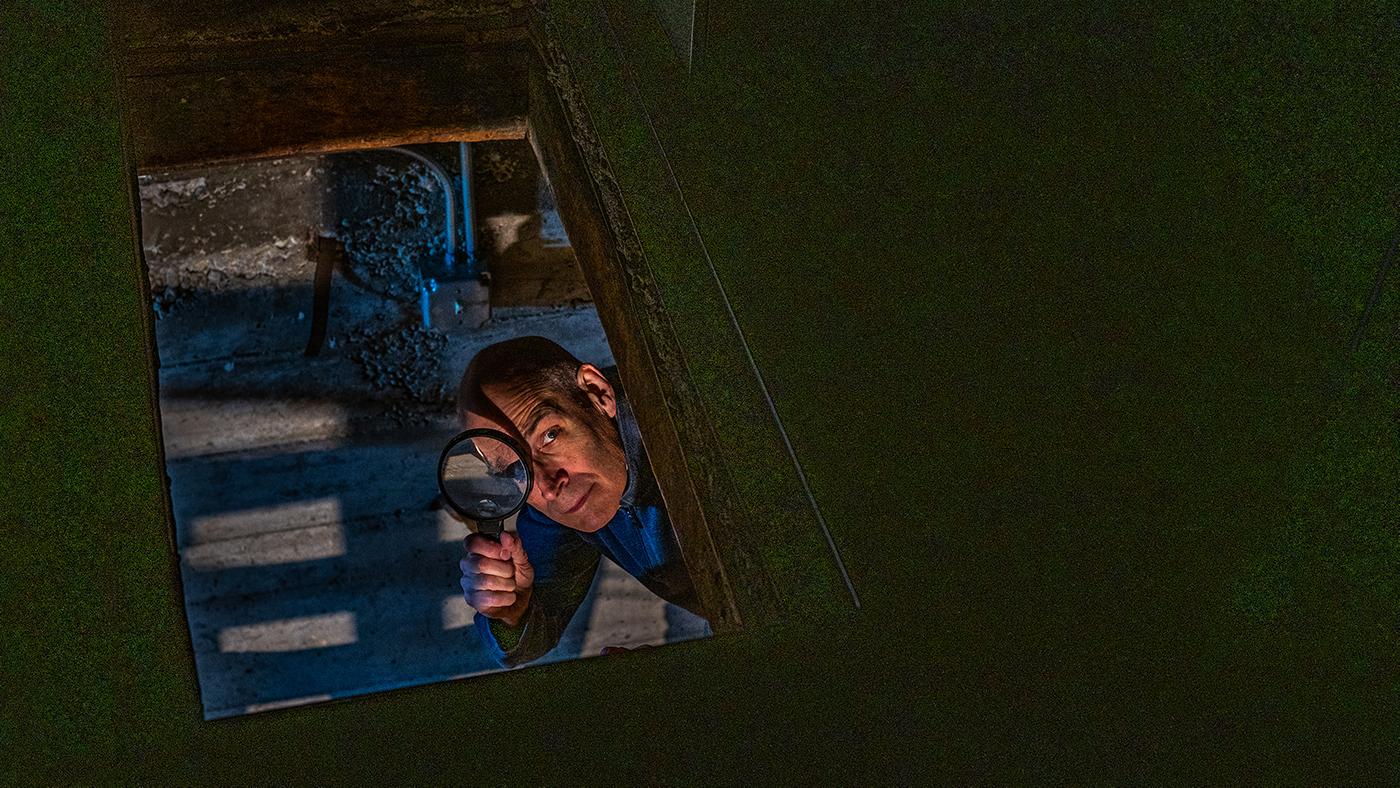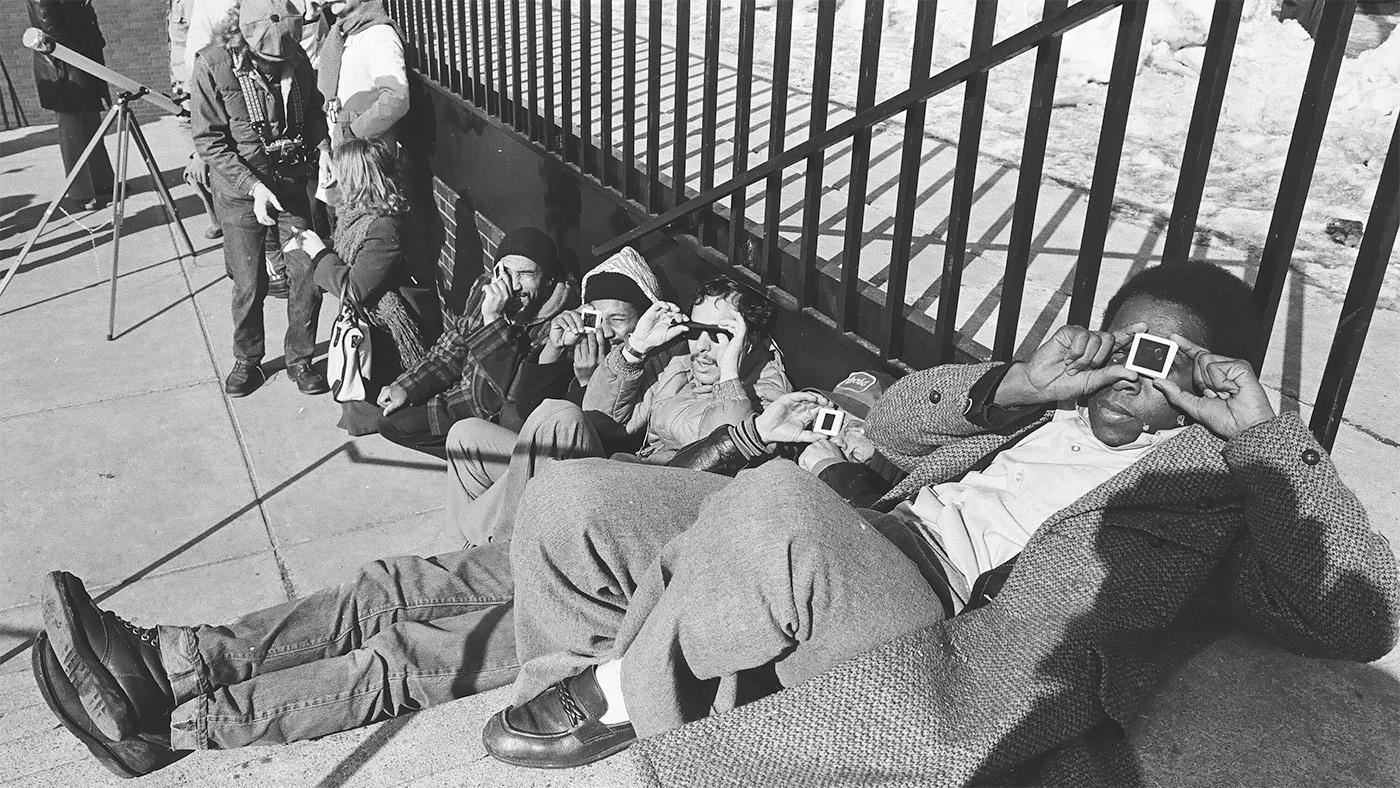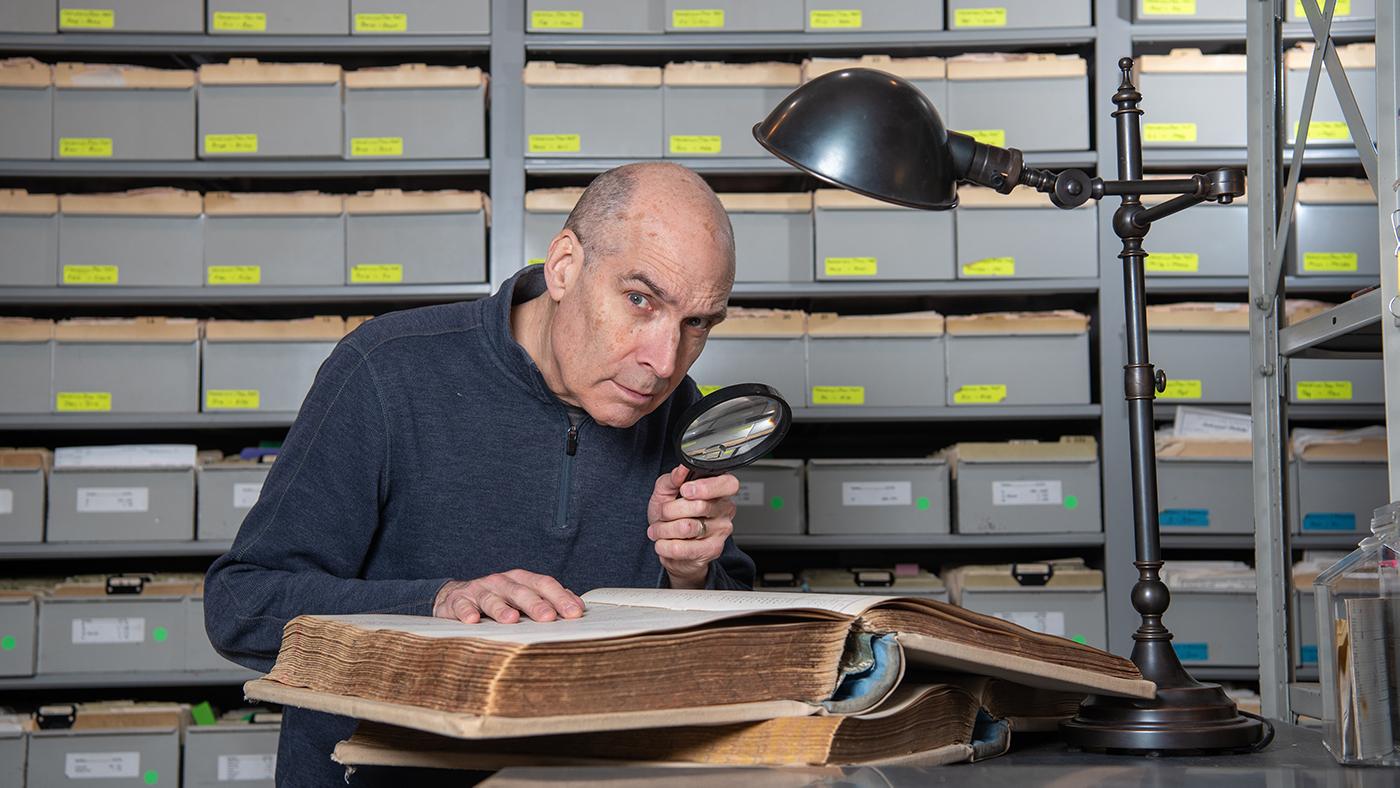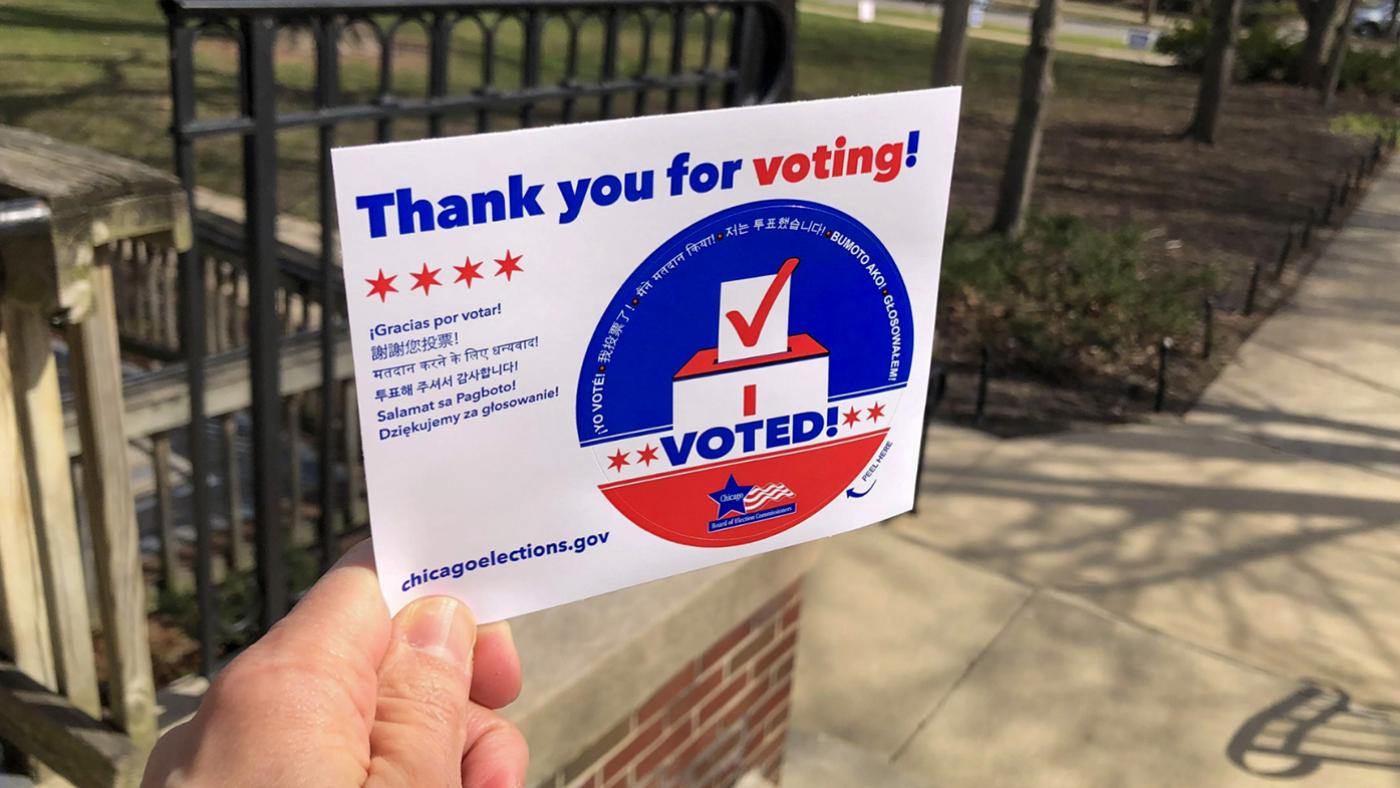‘We’re Not Just a School. We’re a Community’: New Documentary Highlights Battle to Save Chicago Elementary School
Meredith Francis
December 5, 2022
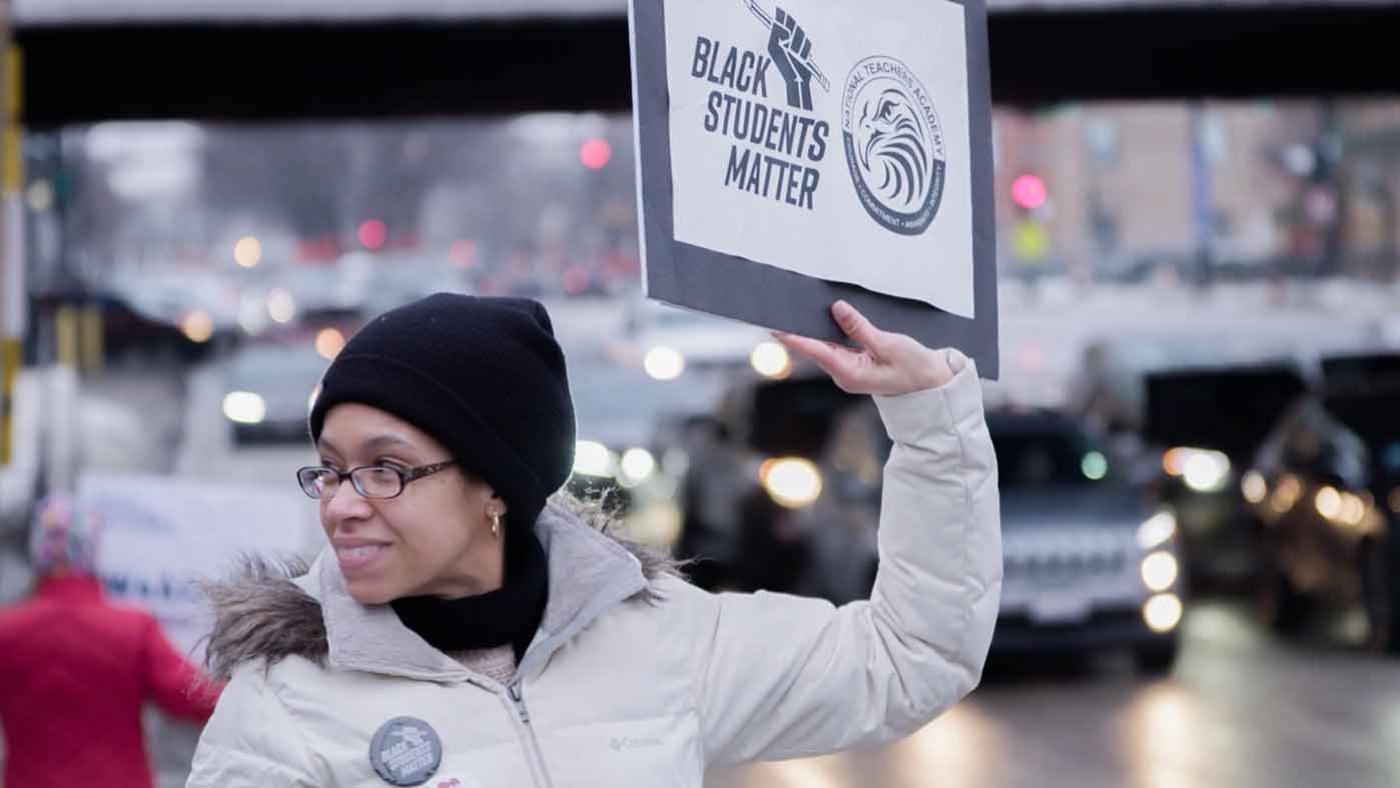
Let the Little Light Shine premieres on WTTW at 9:30 p.m. on Monday, December 12. Join a screening and community conversation about the film on Tuesday, December 6 at 7:00 pm.
In the new POV documentary Let the Little Light Shine, a 7th grade student named Keon is sitting in a classroom with other students, parents, and teachers who are planning a small demonstration at a Chicago Public Schools meeting. The meeting is about the proposal to close their high-performing elementary school and transition it into a new high school. When discussing what the school’s closure would mean to the students, Keon says, “We’re not just a school. We’re a community.”
That school is the National Teachers Academy (NTA) in Chicago’s South Loop. Let the Little Light Shine, directed and produced by Kevin Shaw, is about the NTA community’s fight to keep their school open, as affluent residents in the growing South Loop push for a new high school to be created in its place.
In 2013, 49 Chicago public schools on the South and West Sides were closed. Shaw said those closures are the “terrible tragedy” serving as the underlying context for the documentary, which was filmed five years after the mass closings.
“When you close a school, it's not like you're just losing an educational institution from these communities,” Shaw says. “You're losing a family. You're losing the bedrock for that neighborhood. There's a grieving period that goes on.”
Normally, Shaw says, conversations about school closings evoke words such as “underperforming” or “under-enrolled.”
“National Teachers Academy was neither of those. NTA was a high-performing school by the city's own metrics, and it had an overwhelmingly Black and brown, low-income student population,” Shaw says. “They were striving and should really have been a model for what public elementary school education could look like.”
As the South Loop neighborhood grew in recent decades and more affluent families moved into the community, newer parents wanted another high school. Existing neighborhood high schools, they claimed, were either too far away, under-resourced, or lower-performing. In 2018, the Chicago Board of Education voted to phase out NTA and replace it with a high school. The NTA fought back in earnest.
“Everybody wants a high school for the neighborhood, but how to best go about that is really the sticking point. And unfortunately, the sticking point is race,” Shaw says.
He first heard about the issue through an NTA parent and a former elementary school classmate of his own, Elisabeth Greer, whom he follows in the film. The documentary also includes other parents, faculty, staff, and students involved in organizing to save NTA, many of whom share their personal stories. The film covers the other side of the issue, too, talking to neighbors who want a new high school. Gentrification is the undercurrent of the film, explored through the lens of education.
“When you think about gentrification, you're thinking about the new Starbucks or Target or condos that are coming into your neighborhood. But you don't think about some of the educational ramifications that come along with that, too.” Shaw says. “I believe this is happening in every city in America.”
In talking to parents from both sides of the issue, the documentary shows how class and race have long impacted where parents send their children to school. Difficult conversations about gentrification and education equity have been going on for years in this community, even before the 2018 fight to keep NTA open, which spurs people to act upon their beliefs. (WTTW examined another educational struggle involving race and class in Chicago Public Schools in our Firsthand: Segregation series.)
“It speaks to the idea that everybody has a little bit of activism in their heart. It just takes something to spark that,” Shaw says. “This is an instance where you had average, everyday parents coming together, feeling more motivated and energized to fight for something that they believed in.”
For Shaw, the film provides viewers an opportunity to build empathy, which gets lost in the “constant bickering” in our discourse today.
“I think we've lost the ability to empathize with one another,” Shaw says. “I'm hoping that this will be a film where people will kind of look at themselves in the mirror and maybe start to unpack their own biases … and get to know their neighbors for who they are and not what society says people are.”

